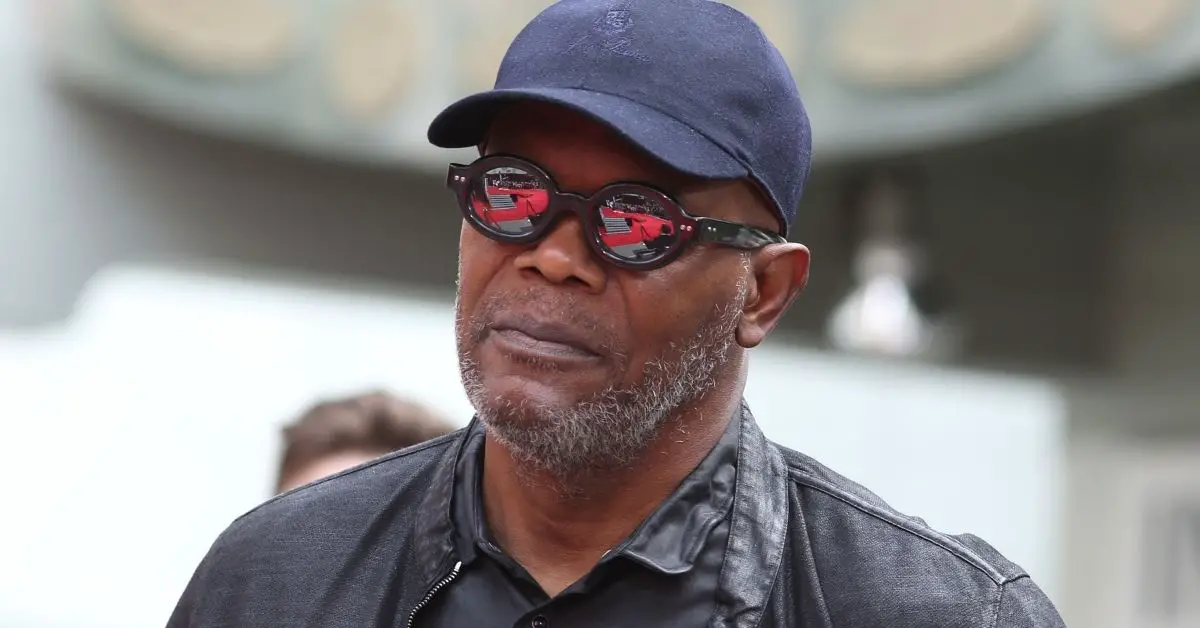Samuel L. Jackson feels more “alive” when he is in his ancestral homeland of Gabon than he does in the U.S.
The “Pulp Fiction” star, 71, has been tracing his ancestry for “Enslaved,” a new BBC series about the trans-Atlantic slave trade and the fate of 12 million stolen Africans, and has since accepted a Gabonese passport.
Explaining his affinity with the country and traveling there, he tells The Guardian: “I feel invigorated by it. And it makes me feel alive in a way that I don’t feel here – it gives me a sense of belonging in a world that I deserve to be in.”
The star also feels lucky his fame has given him and his wife, LaTanya Richardson Jackson, who produced the series, the resources to undertake DNA testing, and discover the precise African tribe his ancestors were members of before they were abducted and taken as slaves to the U.S.
“A lot of people tried to trace themselves and find out where they came from – all they could find out was maybe a country,” he adds. “So to go through what I went through – to find out what tribal ancestry I had and to be able to step back into – it was a really emotional, satisfying feeling. There’s a fullness that comes upon me, every time I land in Africa. As I step on the ground, everything sort of changes.”
Samuel’s ancestors were members of the Benga tribe – a people who lived on the coast of what is now Gabon and Equatorial Guinea and LaTanya says her husband’s ancestry comes through in his love for the sea.
“I see some aspects of their culture that he inhabits naturally in his DNA. He loves the sea – he always did – only to find out that these people were beach people, they were people at the edge of the sea. It’s a joy for me to see him in that setting,” she explains.
“Enslaved” continues on BBC Two on October 25th.
